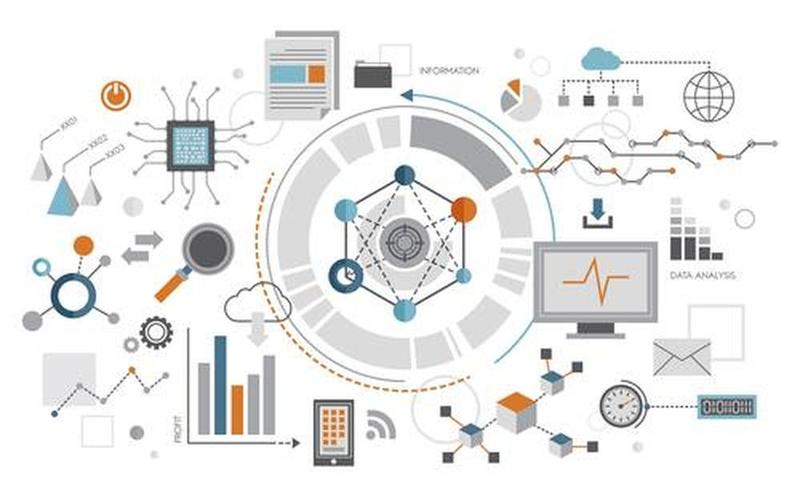Reasons You Should Consider Hiring a Software Development Company
You should consider using new technologies to stay ahead of the competition, as most companies are booming in the market by incorporating new technology. Businesses require customized software development firms to make user-friendly software products custom-made to their business needs. A growing number of businesses rely on software to streamline operations, improve efficiency, and compete more effectively. Whether you need a mobile app, a web-based solution, or a ...






